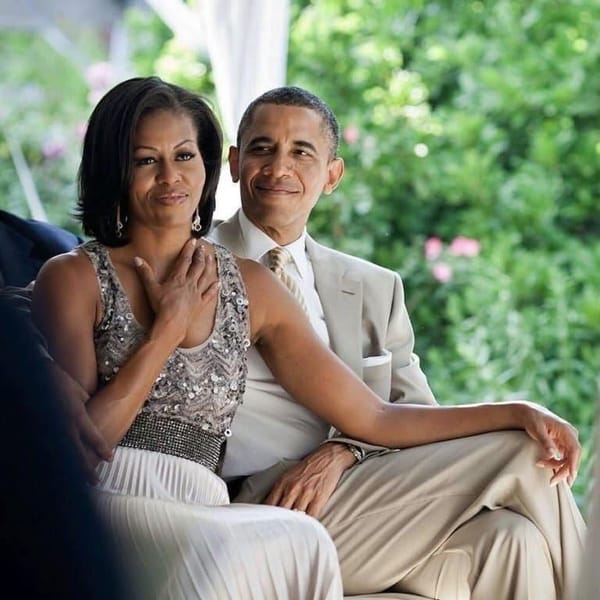Why Skepticism Toward Trump’s Claims Isn’t Bias—It’s a Duty

In a world awash with misinformation, skepticism is not cynicism—it’s survival. And when it comes to the claims made by Donald J. Trump, skepticism isn’t just appropriate—it’s essential. The former president, and current Oval Office occupant in his second term, has a long and well-documented history of lying, exaggerating, deflecting, and gaslighting the American public. If the media and informed citizens weren’t skeptical of his statements, that would be the scandal.
Let’s be clear: this is not about political disagreement. People of all ideologies should expect honesty from their leaders. But Donald Trump has, time and again, demonstrated that the truth is not just inconvenient for him—it’s expendable. As of the end of his first term, The Washington Post had catalogued over 30,000 false or misleading statements made by Trump during his presidency. That number hasn’t stopped climbing in the years since.
When someone lies that frequently, trust isn’t just broken—it’s obliterated. And the media, whose first job is to inform the public with accuracy and integrity, has a responsibility to fact-check, question, and—yes—doubt. That’s not partisanship. That’s journalism.
Consider just a few of the most glaring examples of why skepticism is warranted:
- The Inauguration Crowd Size: Trump insisted his inauguration crowd was the largest in history—despite photographic and transit evidence to the contrary. It was a trivial claim, but his willingness to lie about something so easily disproven set the tone for everything that followed.
- COVID-19: He downplayed the pandemic, suggested people inject disinfectants, and contradicted his own health experts almost daily. Meanwhile, Americans died. Credible public health officials were vilified, while fringe conspiracy theorists were elevated.
- Election Lies: Perhaps most damaging of all was his claim that the 2020 election was stolen. These lies culminated in a deadly insurrection on January 6th, 2021, and continue to poison our democratic institutions. More than 60 court cases—many overseen by judges Trump himself appointed—found zero evidence of widespread fraud.
- Foreign Affairs: Trump has praised autocrats, insulted allies, and made bold claims about deals or peace accords that often vanish under scrutiny. The latest example: the Iran bombing, supposedly based on an imminent threat his own intelligence agencies couldn’t confirm. So when Trump says, “We had no choice,” you bet the media—and the rest of us—will be skeptical.
In a functioning democracy, skepticism of power is not treason. It’s patriotism.
Now, Trump’s defenders will say this is just “Trump Derangement Syndrome,” that the media is out to get him. But no amount of projection can erase a track record of dishonesty. The press wasn’t biased when it questioned Richard Nixon during Watergate. It wasn’t biased when it investigated the lies that led to the Iraq War. And it isn’t biased when it fact-checks a man who’s turned deception into an art form.
The media’s job is not to “both-sides” the truth. It’s to report it. If Trump lies more than other leaders, he’ll get fact-checked more. That’s not unfair treatment—it’s proportional response. And if you think he’s being singled out, ask yourself: who else has tried to jail journalists, ban books, and dismantle government watchdogs while insisting they alone can fix everything?
Trump has made it clear that truth is whatever he says it is in the moment. But democracy can’t function on shifting sand. It needs accountability, transparency, and a media that refuses to be bullied.
So yes, we are skeptical.
We have good reason to be.
And we won’t apologize for it.
Because when the stakes are democracy, truth isn’t optional. It’s everything.
Julie Bolejack, MBA



